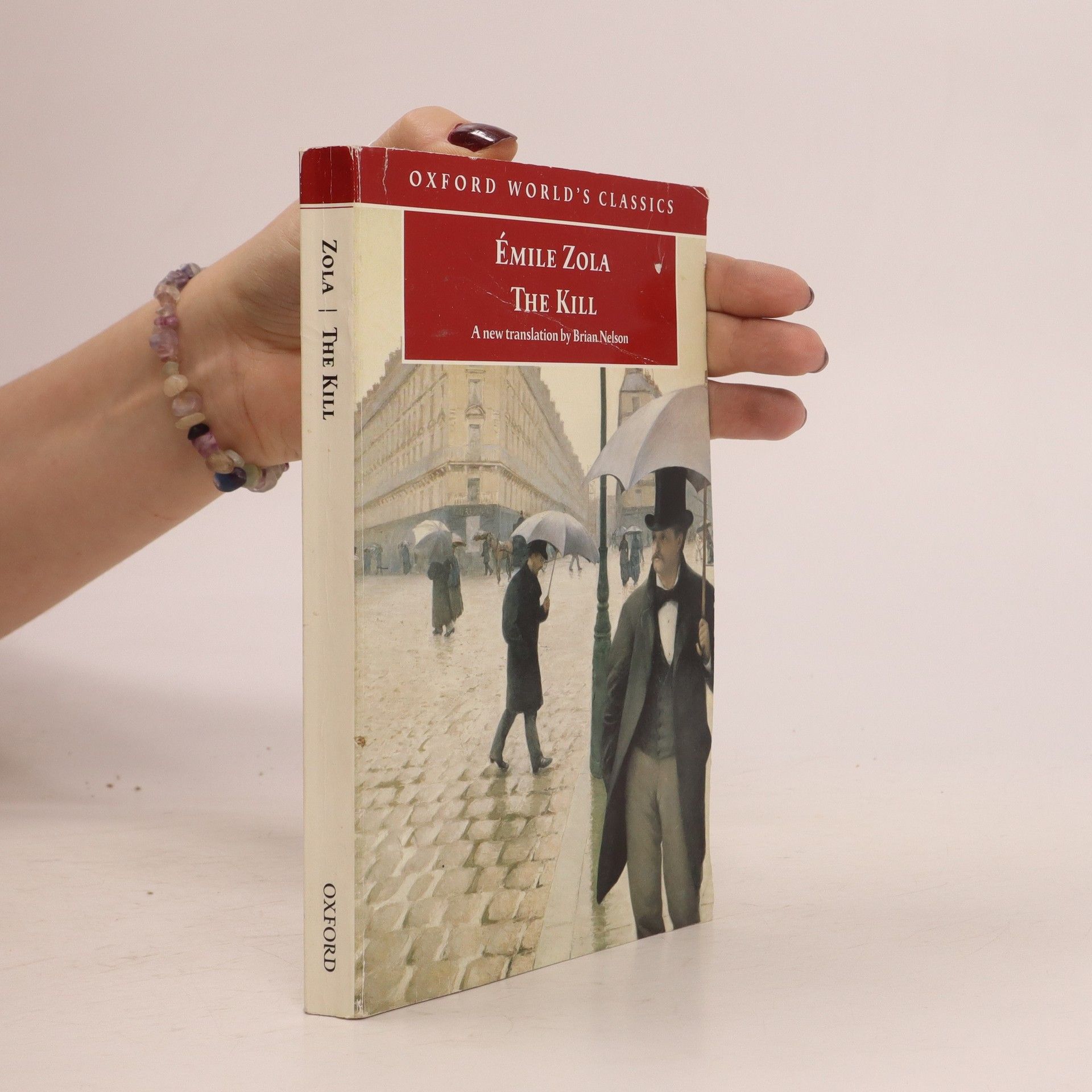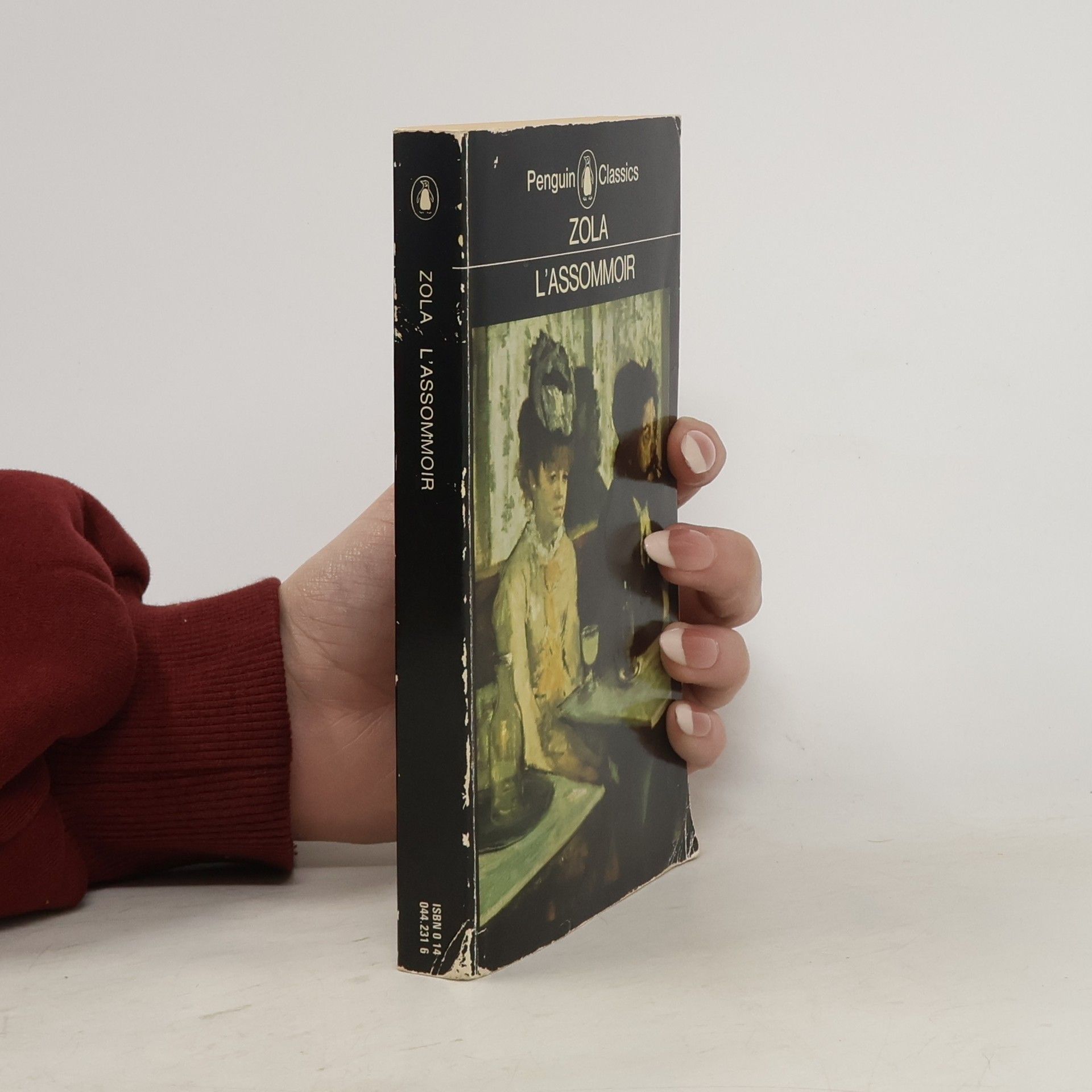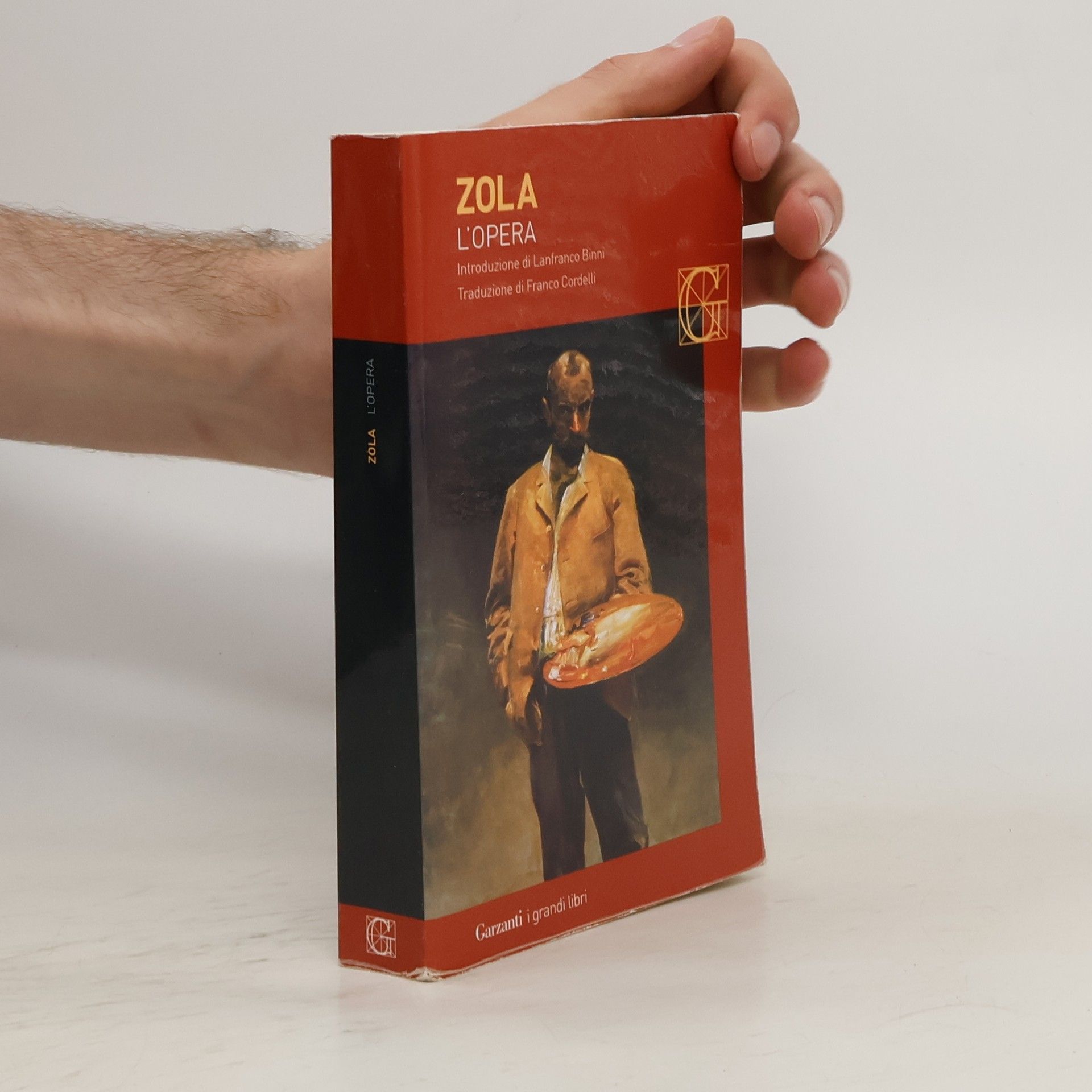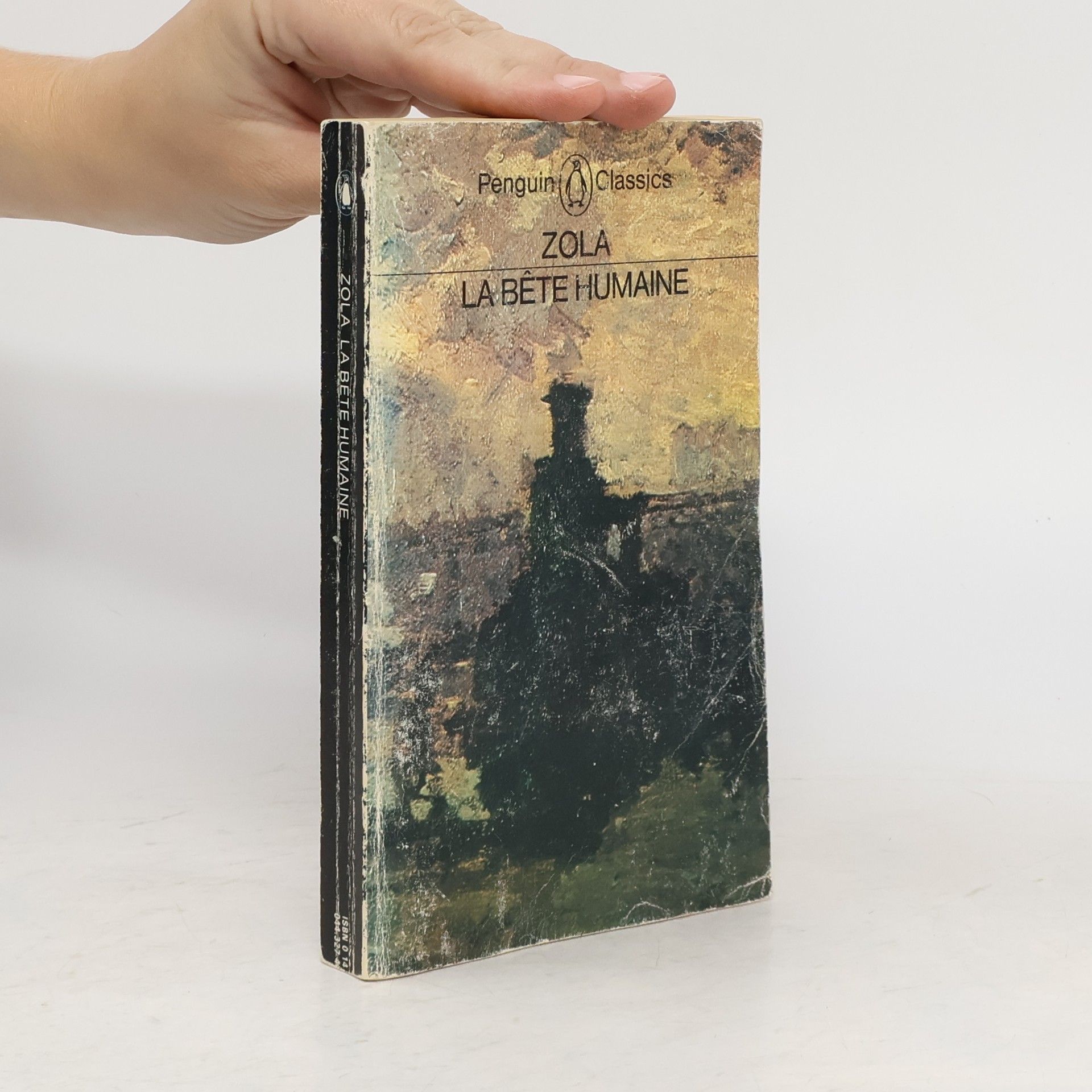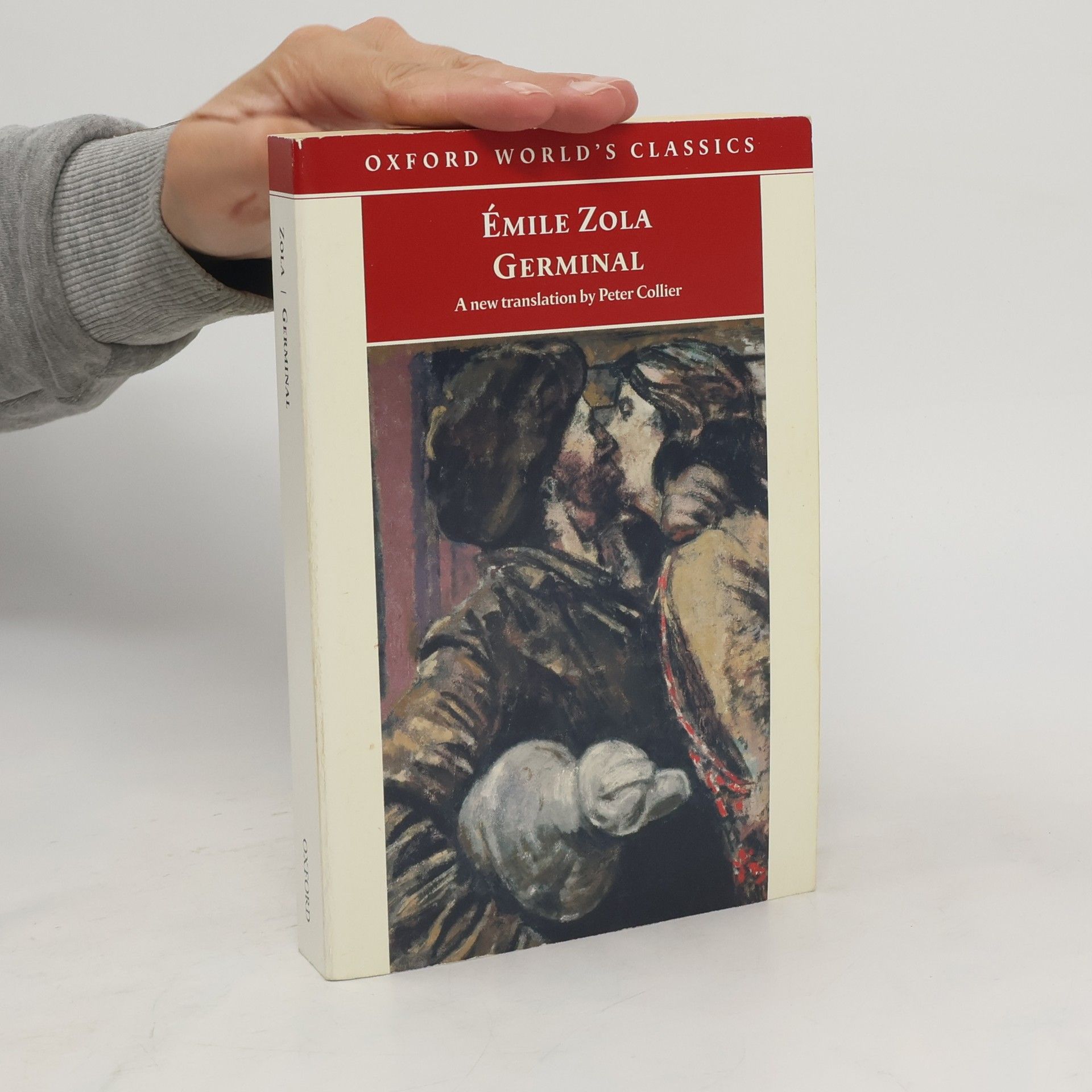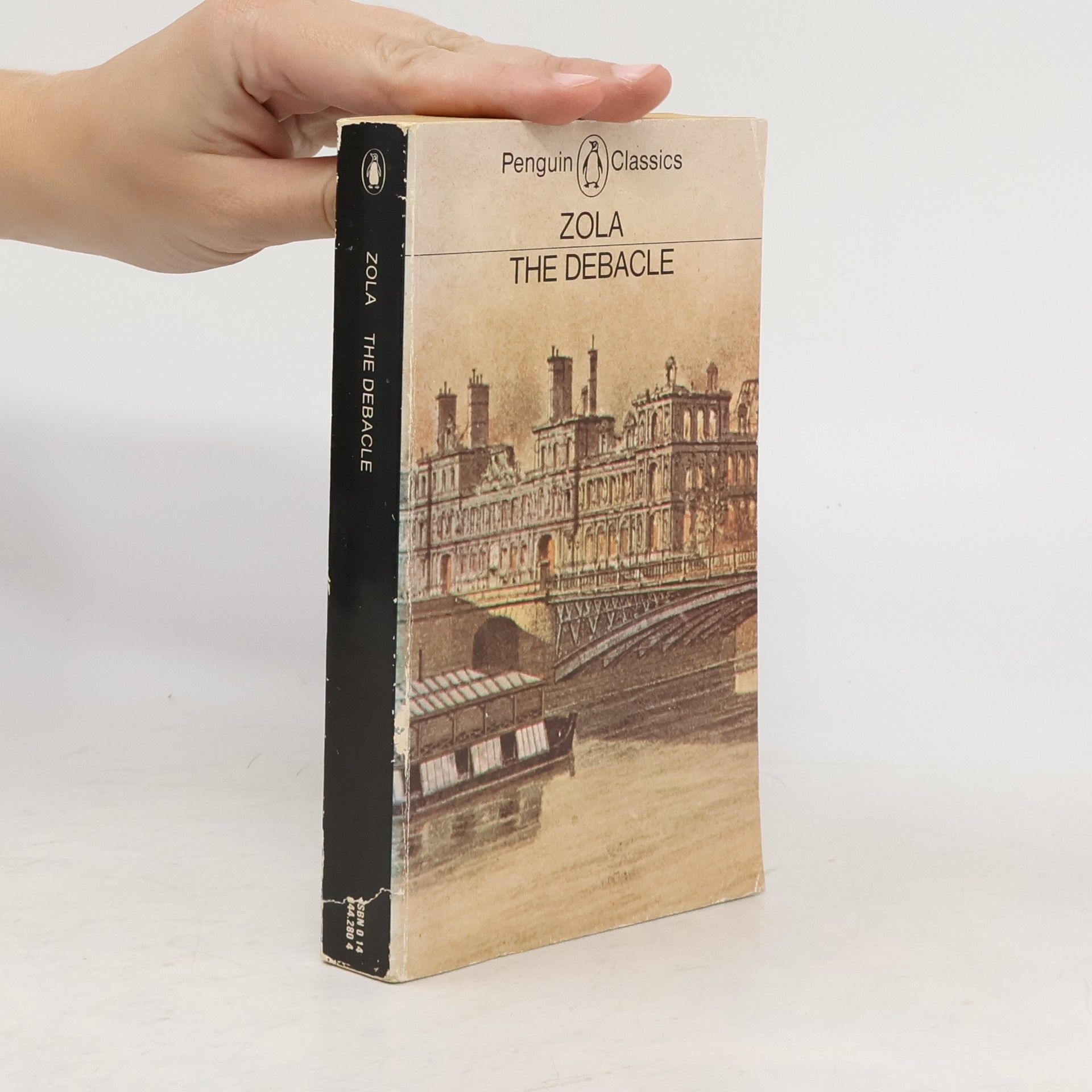The Fortune of the Rougons is the first in Zola's famous Rougon-Macquart series of novels. Not only the inaugural novel, it is the series' founding text, establishing its genealogical basis. The family's greed and rapacity mirrors the diseased society in which it flourishes. This lively new translation is accompanied by introduction and notes.
Les Rougon-MacquartSerie
Les Rougon-Macquart è il titolo collettivo di una serie di venti romanzi dello scrittore francese Émile Zola. L'opera, sottotitolata Storia naturale e sociale di una famiglia durante il Secondo Impero, segue le vite dei membri dei due rami titolari di una famiglia immaginaria che vive durante il Secondo Impero francese ed è una delle opere più significative del movimento letterario naturalista francese.
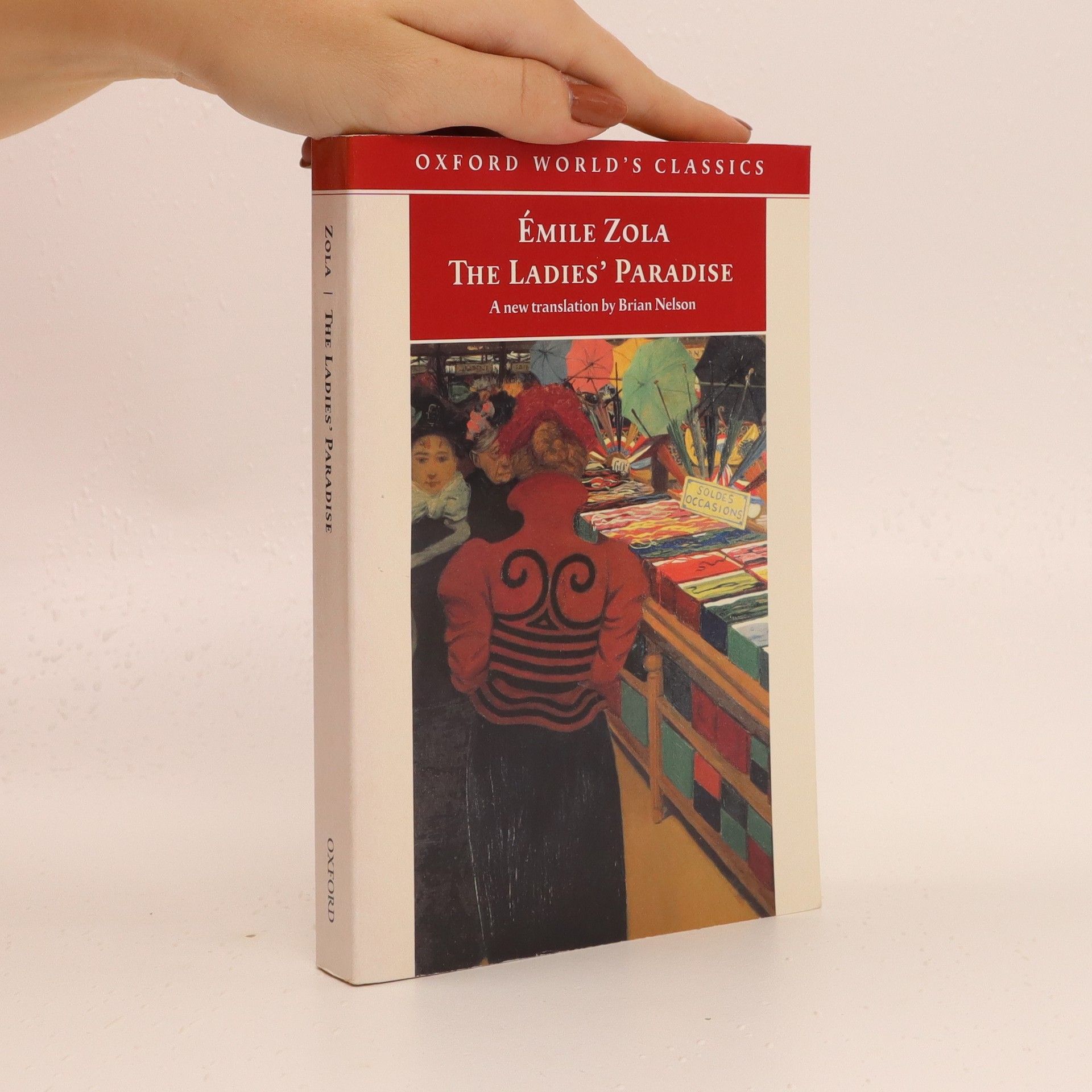
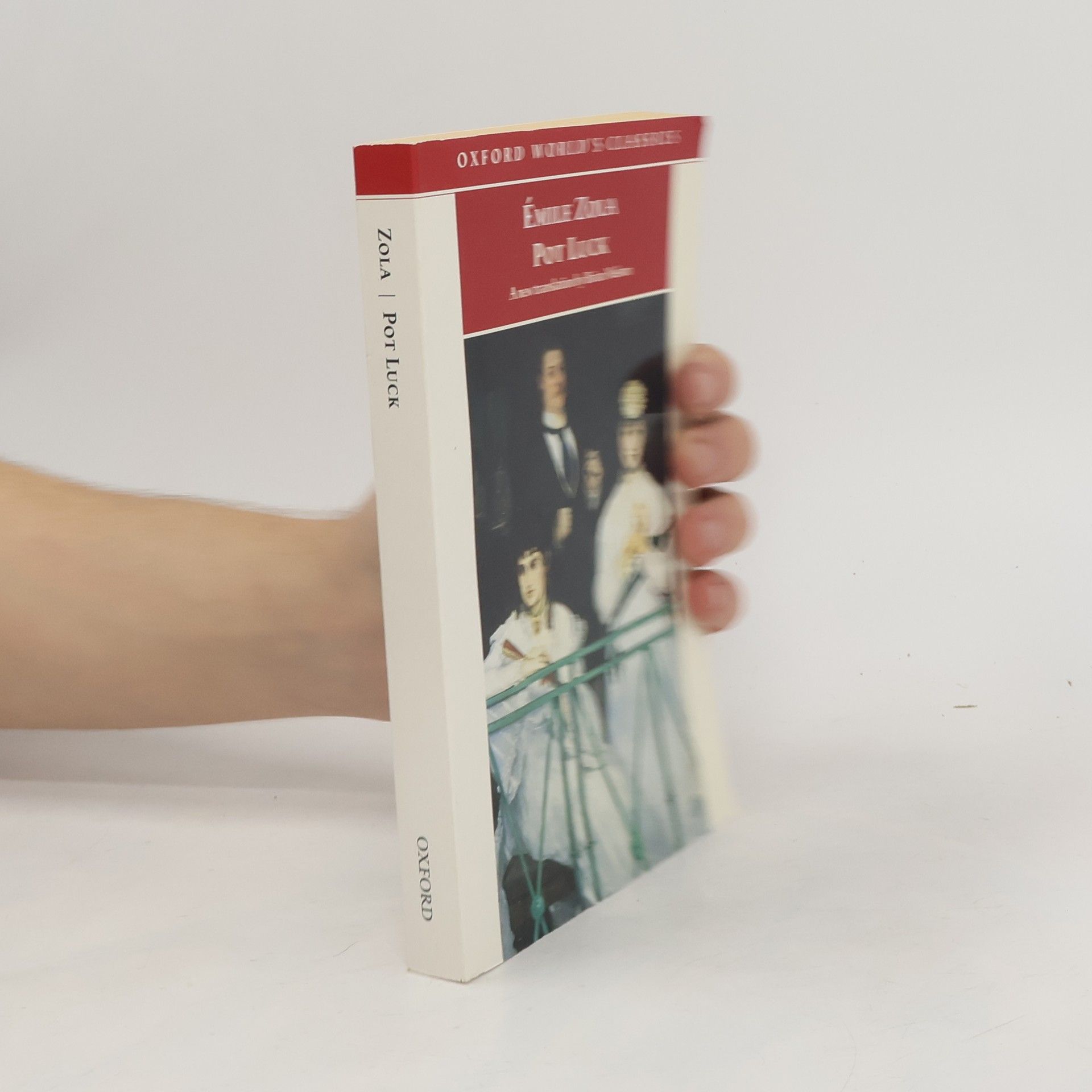
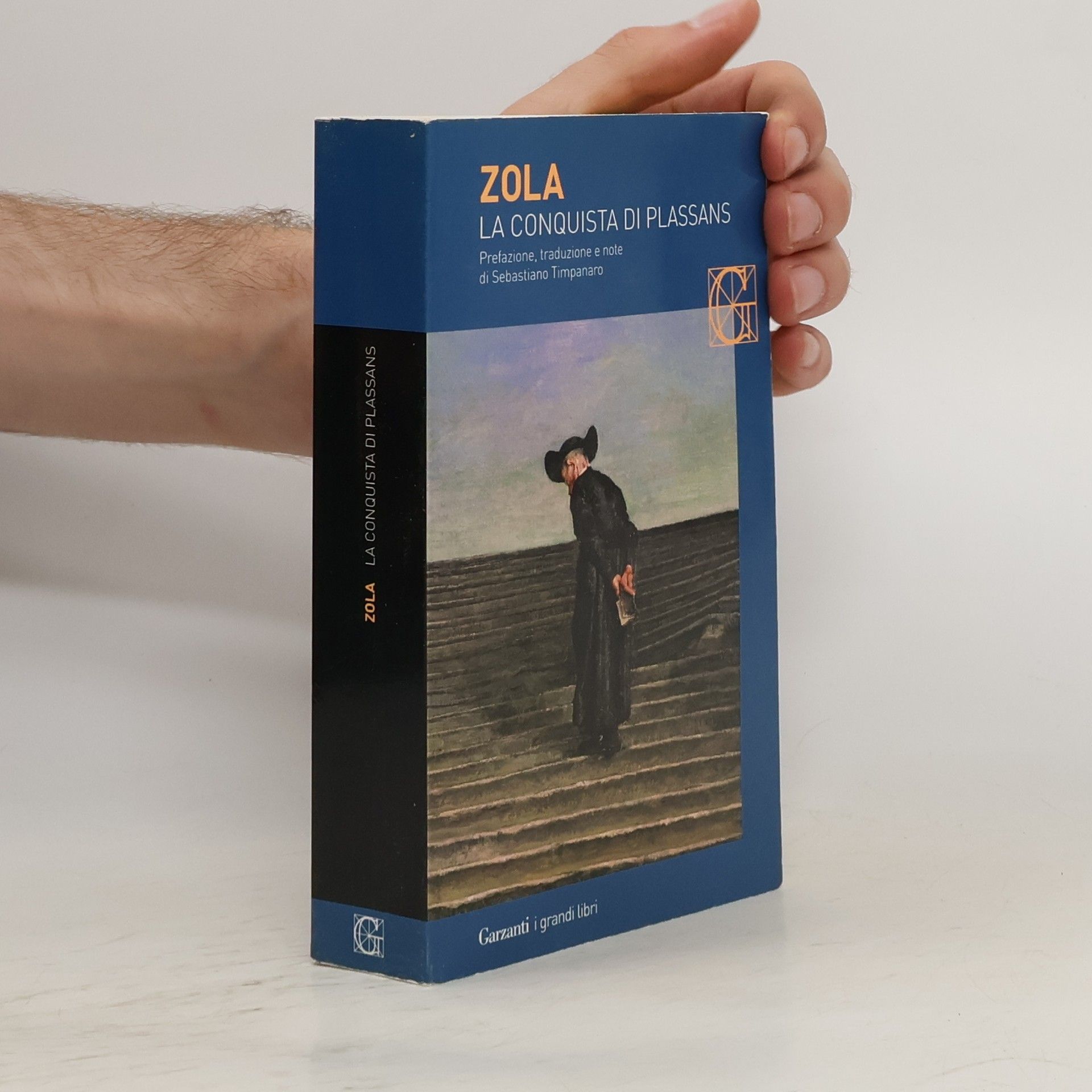

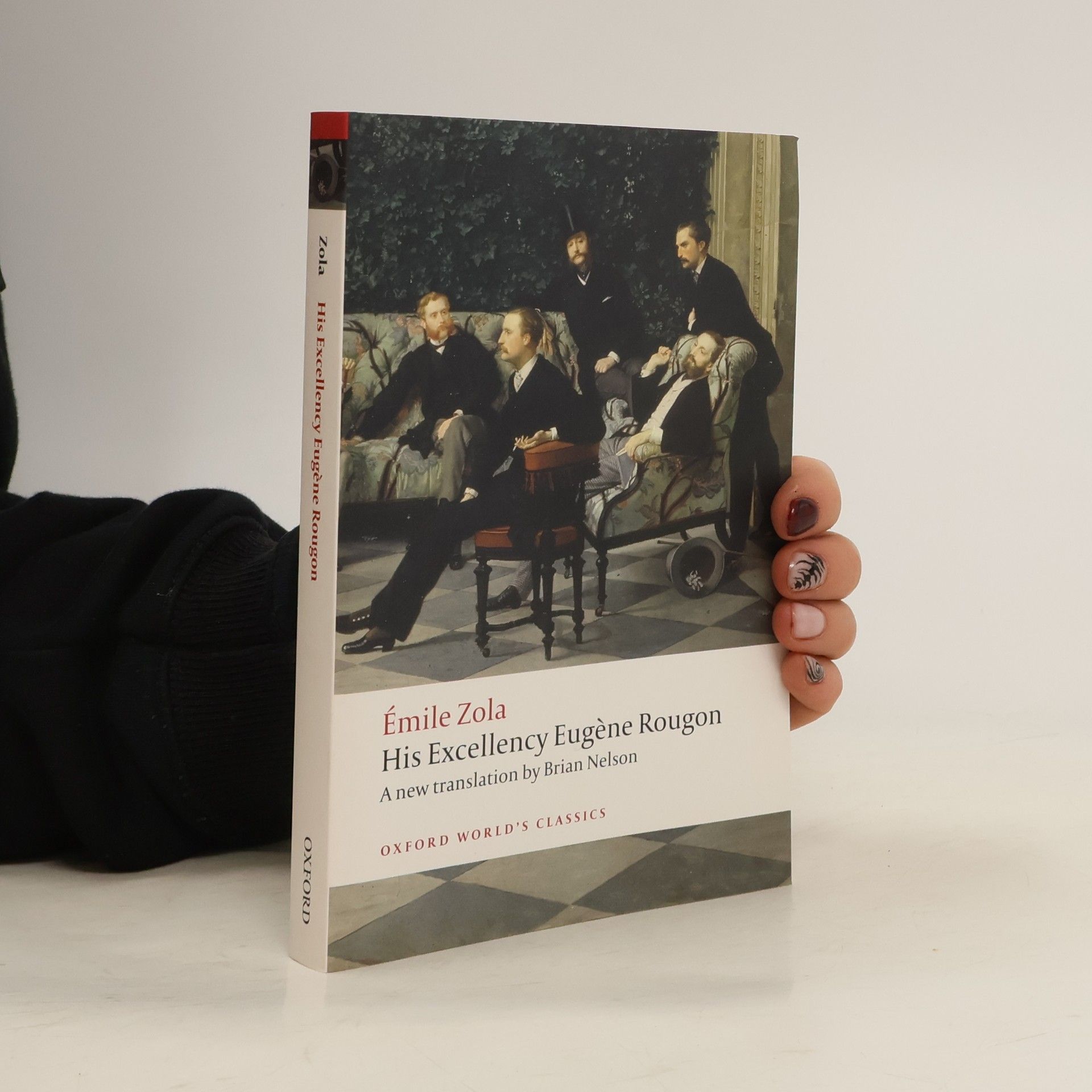
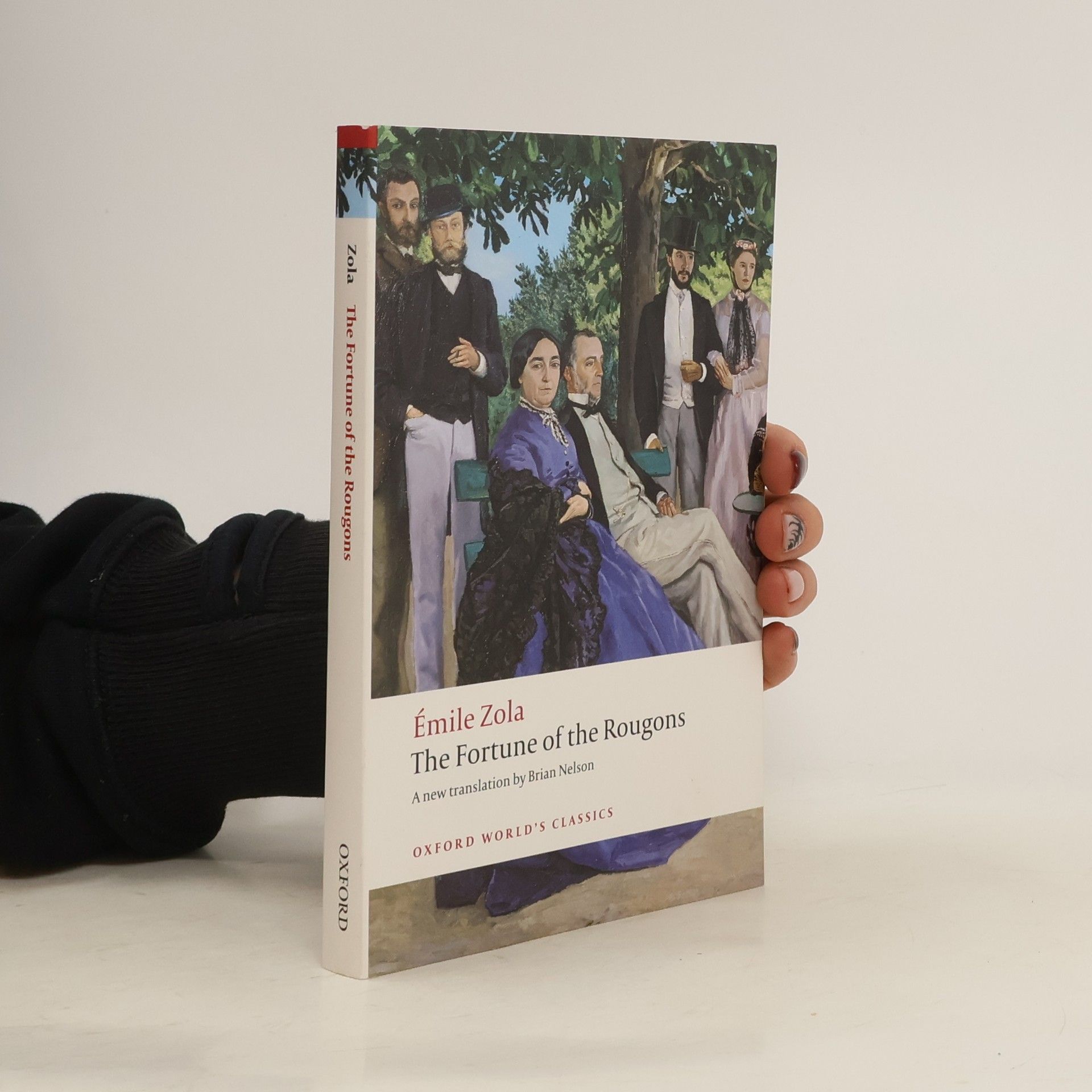
Ordine di lettura consigliato
1 2 Im going to celebrate the 21st century with a re-read of His Excellency Eugène Rougon. Swiftly Tilting Planet
3 The Kill (La Curée) is the second volume in Zola's great cycle of twenty novels, Les Rougon-Macquart, and the first to establish Paris - the capital of modernity - as the centre of Zola's narrative world. Conceived as a representation of the uncontrollable 'appetites' unleashed by the Second Empire (1852-70) and the transformation of the city by Baron Haussmann, the novel combines into a single, powerful vision the twin themes of lust for money and lust for pleasure. The all-pervading promiscuity of the new Paris is reflected in the dissolute and frenetic lives of an unscrupulous property speculator, Saccard, his neurotic wife Renée, and her dandified lover, Saccard's son Maxime.
4 Money
- 416pagine
- 15 ore di lettura
Inspired by real events and meticulously researched by Zola, Money is, in the wake of recent financial scandals, an all-too-topical exploration of the dynamics of greed, the excesses of capitalism and its dangerous relationship with politics and the press.
5 The Dream
- 256pagine
- 9 ore di lettura
In The Dream, the sixteenth novel in the Rougon-Macquart series, Zola blends mysticism and fairy tale with naturalism as an orphan girl falls in love with a nobleman.
6 Dopo due romanzi parigini, ne La conquista di Plassans (1874), quarto capitolo del ciclo dei Rougon-Macquart, Zola torna alla provincia per ambientarvi una storia di impostura e follia. L’immaginaria cittadina di Plassans, già teatro de La fortuna dei Rougon, il primo titolo della serie, dopo aver appoggiato il colpo di stato di Napoleone III nel 1852 è passata ai legittimisti. Il compito di preparare la riscossa bonapartista viene affidato al machiavellico abbé Faujas, strumento nelle mani del ministro Eugène Rougon. Forte di un’insaziabile volontà di dominio e di un’innata capacità di dissimulazione, l’intrigante abate riuscirà a piegare al suo disegno politico gli inerti e reazionari notabili locali così come i borghesi avidi di denaro e potere, e a soggiogare pian piano l’intera popolazione. I primi a capitolare sono i Mouret, presso i quali ha trovato alloggio, che espropriati in casa loro dal tartufesco inquilino vedono sconvolti i fragili equilibri familiari e minata la propria salute mentale: Marthe travolta da una morbosa attrazione erotica per l’abate, François calunniato come sadico torturatore della moglie fino a perdere il senno. E nel segno della follia si consumerà la tragedia finale.
7 Pot Luck
- 416pagine
- 15 ore di lettura
Pot Luck , Zola's most acerbic satire, describes daily life in a newly constructed block of flats in late nineteenth-century Paris. In examining the contradictions that pervade bourgeois life, Zola reveals a multitude of betrayals and depicts a veritable 'melting pot' of moral and sexualdegeneracy. This new translation captures the robustness of Zola's language and restores the omissions of earlier abridged versions.
8 Eleventh book in the author's Rougon-Macquart cycle.
9 The Sin of Abbé Mouret is the fifth novel in Zola's Rougon-Macquart series. It follows Serge Mouret, a young priest, aspiring to perfect purity and sanctity. An illness leaves him with amnesia, and no longer knowing he is a priest, he falls in love with his nurse. Together they roam an Eden-like garden called the 'Paradou'.
10 A Love Story
- 306pagine
- 11 ore di lettura
A fascinating study in sexual psychology and sexual politics, the novel focuses on Helene Grandjean, a widow, and her shifting emotional states. This is the eighth novel in Zola's Rougon-Macquart series, and the first modern translation for more than fifty years.
11 Florent Quenu returns to Paris after being unjustly imprisoned and finds the city utterly changed. The great new food market, Les Halles, has been built, and food dominates the political and social life of the capital. The third in Zola's Rougon-Macquart series, The Belly of Paris appears in a vibrant new translation.
12 The Bright Side of Life
- 368pagine
- 13 ore di lettura
When Pauline Quenu is taken to the seaside to live with her relatives, her love of life contrasts with the pessimism which infects the family. This is the twelfth novel in Zola's Rougon-Macquart series, remarkable for it's depictions of intense emotions and physical and mental suffering.
13 This book is part of the TREDITION CLASSICS series, aimed at reviving public domain literature in print. TREDITION supports non-profit literary projects and donates a portion of proceeds to them. By reading a TREDITION CLASSICS book, you help preserve significant works of world literature.
14 L'opera
- 369pagine
- 13 ore di lettura
Il dramma del protagonista, il pittore Claude Lantier, è quello - scrive Lanfranco Binni nell'introduzione - "del rapporto con il proprio lavoro, con la durezza della materia; è lo stesso dramma del lavoro-passione e del lavoro-fatica che Zola medesimo prova quotidianamente. "L'opera" infatti non è un romanzo autobiografico soltanto per l'ambiente che accuratamente descrive, l'ambiente più direttamente conosciuto da Zola; è un romanzo autobiografico soprattutto perché testimonia l'atteggiamento dello stesso Zola nei confronti del proprio lavoro letterario, ed è proprio per questa ragione un romanzo di centrale importanza per conoscere la sua concezione del mondo e la sua poetica".
15 La Bête humaine
- 368pagine
- 13 ore di lettura
One of Zola's most violent works, this novel is on one level a tale of murder and possession, and on another a compassionate study of individuals derailed by atavistic forces beyond their control. It evokes life at the end of the Second Empire in France, and a society hurtling towards the future.
16 This is a pre-1923 historical reproduction that was curated for quality. Quality assurance was conducted on each of these books in an attempt to remove books with imperfections introduced by the digitization process. Though we have made best efforts - the books may have occasional errors that do not impede the reading experience. We believe this work is culturally important and have elected to bring the book back into print as part of our continuing commitment to the preservation of printed works worldwide.
17 18 Zola's novel of peasant life describes the disintegration of the Fouan family when Papa Fouan decides to divide his land between his three children. Greed and violence feed a bitter struggle for supremacy. This new translation captures the novel's blend of brutality and lyricism in its evocation of the inexorable cycle of the natural world.
19 The Debacle
- 512pagine
- 18 ore di lettura
Conservative and working-class, Jean Macquart is an experienced, middle-aged soldier in the French army, who has endured deep personal loss. When he first meets the wealthy and mercurial Maurice Levasseur, who never seems to have suffered, his hatred is immediate.
20 Doctor Pascal is the twentieth and final novel in Zola's great Rougon-Macquart series. Pascal Rougon has spent his life chronicling the hereditary patterns and illnesses of his family, using medicine to attempt cures, whilst his niece Clotilde places her faith in God.
